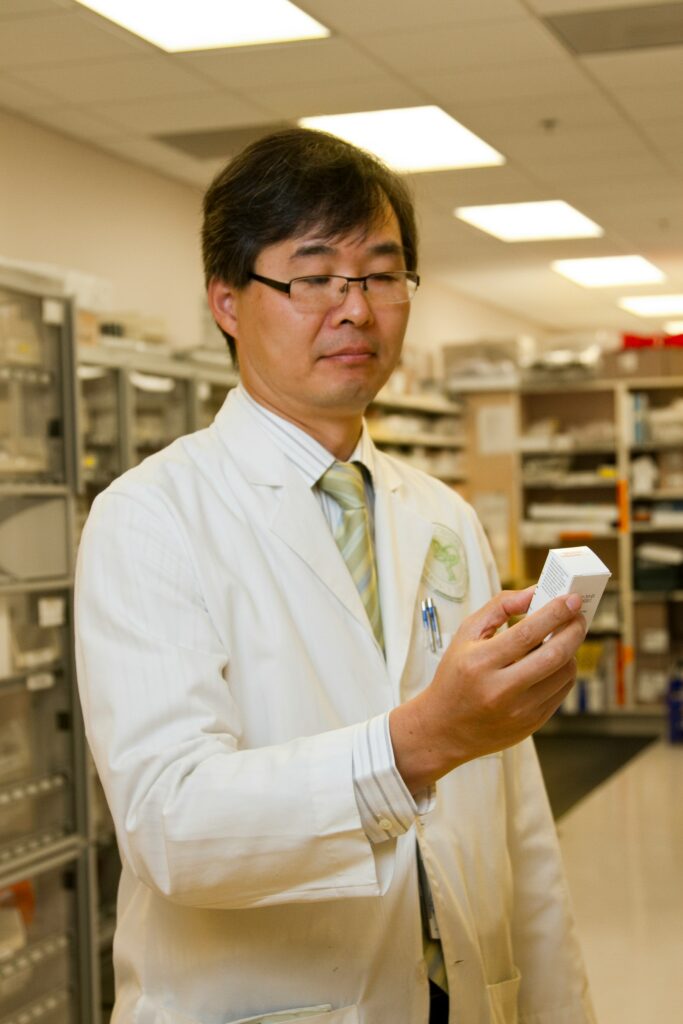The answer is simply “Yes,” pharmaceutical companies often hire doctors for various roles within their organizations. While some doctors may choose to continue practicing medicine in clinical settings, others may be attracted to roles in pharmaceutical companies for a variety of reasons. Here’s an article addressing this topic:
In recent years, there has been a noticeable trend of doctors transitioning from clinical practice to roles within pharmaceutical companies. This shift raises questions about the motivations behind such career moves and the roles doctors play within these organizations.
-
Medical Affairs
One of the primary areas where doctors are employed within pharmaceutical companies is in medical affairs. These professionals often serve as medical liaisons between the company and healthcare providers, offering expertise on products, clinical trials, and medical education.
-
Clinical Research
Doctors are also integral to the clinical research process within pharmaceutical companies. They may work as principal investigators, overseeing clinical trials to ensure they are conducted ethically and in accordance with regulatory standards.
-
Drug Development
Physicians bring valuable clinical insight to drug development teams, helping to guide the design and implementation of clinical trials. Their firsthand experience with patients can inform decisions about drug efficacy, safety, and dosing.
-
Regulatory Affairs
Some doctors find roles in regulatory affairs within pharmaceutical companies, where they contribute their medical expertise to navigate the complex regulatory landscape governing drug approval and marketing.
-
Medical Writing and Communications
Doctors may also leverage their medical knowledge and communication skills in roles focused on medical writing, medical education, or scientific communications within pharmaceutical companies.
The employment of doctors within pharmaceutical companies offers numerous benefits, including the integration of clinical expertise into various aspects of drug development, regulatory compliance, and medical affairs. As the pharmaceutical industry continues to evolve, the role of doctors within these organizations is likely to expand, creating new opportunities for medical professionals outside traditional clinical practice.
In addition to the roles mentioned, doctors may also find employment opportunities in other areas within pharmaceutical companies. Here are some additional roles and opportunities for doctors in the pharmaceutical industry:
- Medical Science Liaison (MSL): MSLs are responsible for building relationships with key opinion leaders (KOLs) and healthcare professionals, providing them with accurate and up-to-date medical and scientific information about pharmaceutical products. Doctors are well-suited for MSL roles due to their clinical expertise and ability to communicate complex medical information effectively.
- Medical Affairs Leadership: Doctors with extensive clinical experience and leadership skills may pursue roles in medical affairs leadership, where they oversee medical affairs teams and strategic initiatives related to medical education, scientific communication, and KOL engagement.
- Health Economics and Outcomes Research (HEOR): HEOR professionals assess the value of pharmaceutical products by analyzing their economic and clinical impact on patient outcomes and healthcare systems. Doctors with training in health economics, epidemiology, or public health may contribute their expertise to HEOR teams within pharmaceutical companies.
- Drug Safety and Pharmacovigilance: Doctors can play a crucial role in drug safety and pharmacovigilance by monitoring and evaluating the safety profile of pharmaceutical products throughout their lifecycle. They may review adverse event reports, conduct safety assessments, and contribute to risk management strategies.
- Medical Affairs Consulting: Some doctors choose to work as independent consultants or join consulting firms specializing in medical affairs and healthcare strategy. They may advise pharmaceutical companies on medical education programs, market access strategies, and healthcare policy issues.
- Medical Affairs Training and Development: Pharmaceutical companies often provide training and development programs for healthcare professionals, including doctors. Doctors may contribute to the design and delivery of medical education initiatives aimed at increasing awareness and understanding of disease states and treatment options.
- Global Medical Affairs: With the increasing globalization of the pharmaceutical industry, there is a growing demand for doctors with international experience and cross-cultural competency. Global medical affairs roles involve collaborating with colleagues and stakeholders from diverse geographic regions to ensure consistent medical and scientific messaging worldwide.
Overall, doctors have a wide range of opportunities to contribute their expertise and make a meaningful impact within pharmaceutical companies, both in traditional roles such as clinical research and medical affairs, as well as emerging areas like health economics, pharmacovigilance, and global medical affairs.





